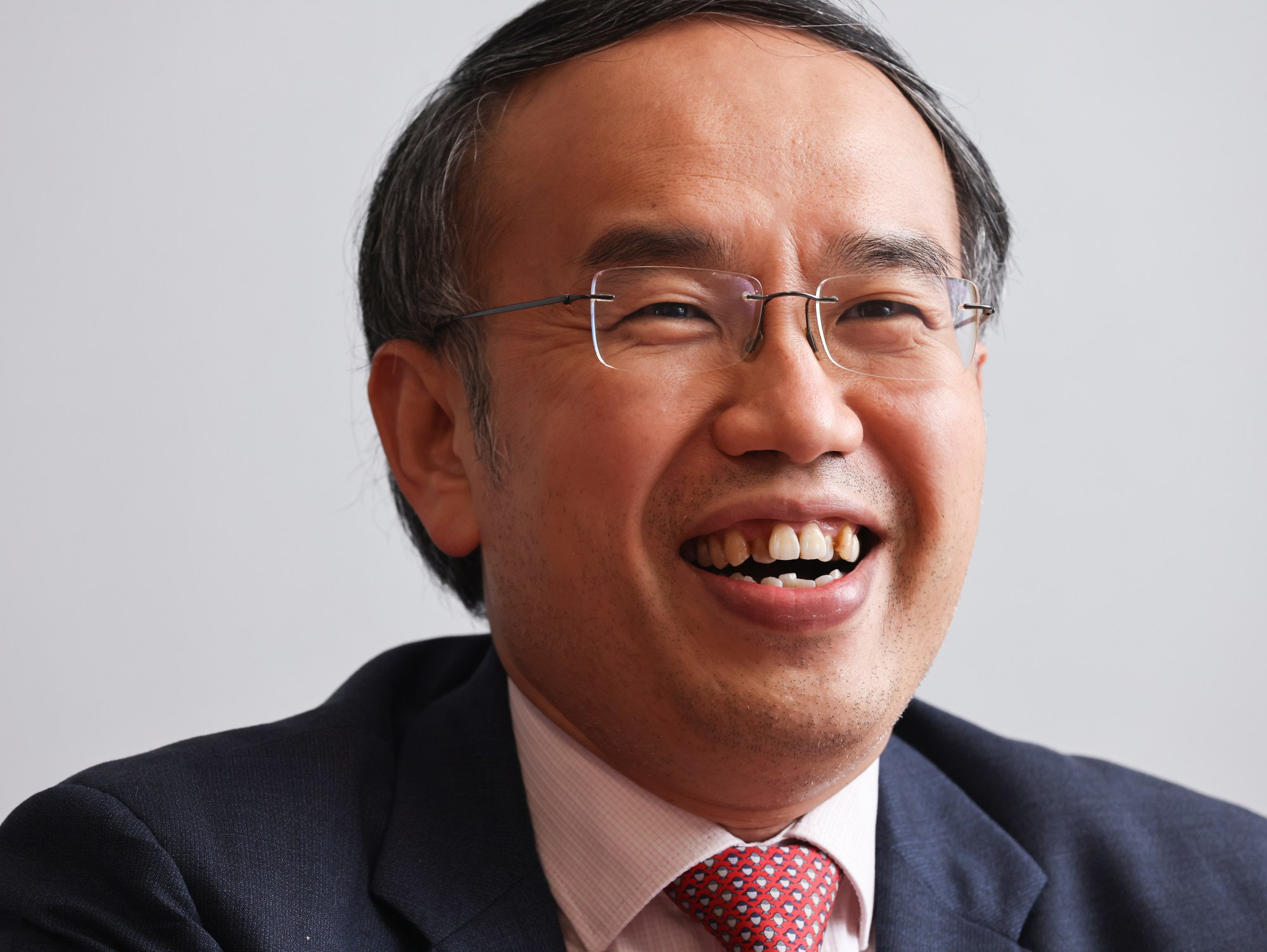
Hong Kong to issue second batch of retail green bonds valued at US$1.91 billion, available to residents on September 18
- Hong Kong identity card holders will be able to subscribe in HK$10,000 increments to bonds that support public-works projects
- The size of the tranche may increase to a maximum of HK$20 billion, subject to market conditions, an official says
Hong Kong will issue its second batch of retail green bonds at a value of HK$15 billion (US$1.91 billion) in a continuing effort to give residents a chance to participate in the city’s sustainable development, the government said on Tuesday.
The bonds, with a tenor of three years, will make an interest payment every six months based on the average rate of the consumer price index over that half-year period, with a guaranteed minimum payment of 4.75 per cent.
Hong Kong identity card holders will be able to subscribe in HK$10,000 increments at placing banks, securities brokers or the Hong Kong Securities Clearing Company beginning at 9am on September 18, Secretary for Financial Services and the Treasury Christopher Hui Ching-yu said at a media briefing on Tuesday afternoon.
“The government [has decided to] issue retail green bonds again this year so as to facilitate market development and at the same time, offer members of the community investment options with steady returns,” said Hui.

The new retail green bond, as well as other financing instruments launched under the government’s green bond programme, shows “the government’s commitment to combat climate change and promote green finance as well as to develop Hong Kong into a more sustainable and liveable city”, said Hui.
The subscription period will run until 2pm on September 28. The bonds will be issued on October 10 before listing on the Hong Kong stock exchange the next day.
“To support the sustainability of green finance, it is pivotal for the government to launch retail green bonds continuously,” said Gordon Tsui Luen-on, director of the Hong Kong Securities Association. “It may encourage the public to participate and promote a low-carbon economy and environment improvement.”
The size of the tranche may increase to a maximum of HK$20 billion, subject to market conditions, Darryl Chan, deputy CEO of the Hong Kong Monetary Authority, said at the press briefing.
Proceeds from the sale will go to the city’s Capital Works Reserve Fund to finance or refinance public-works projects that provide environmental benefits and support the sustainable development of Hong Kong, Hui said.
Examples of eligible projects include drainage improvements in Tsim Sha Tsui under the climate adaptation category, the establishment of the Government Chinese Medicines Testing Institute in Tseung Kwan O under the green buildings category, and upgrading the North East New Territories sewage system under the water and waste water management category.
“The current rate will be higher than before,” said Tsui. He added that a per annum return of around 5 per cent on the retail green bond would be attractive for investors.
“Green investment products have been gaining in popularity, especially among younger investors,” said Arnold Chow, deputy general manager of personal digital banking product department at Bank of China (Hong Kong), at the media briefing.
The guaranteed minimum payment of 4.75 per cent over the three years was attractive and he expected the launch to be warmly welcomed by the market.
The minimum investment amount of HK$10,000 enhanced the affordability of the green bond which would also have a secondary market making it a “low risk” investment allocation decision, Chow added.
Hong Kong plans to increase the use of wind, waste-to-energy and solar power to generate electricity in the coming years, as part of its push to reach carbon neutrality by 2050, according to the special administrative region’s climate action plan launched in October 2021.
The financial secretary first announced the government’s green bond programme in the 2018-19 budget, aimed at developing Hong Kong into an international green finance hub as well as combating climate change.
HSBC and Bank of China (Hong Kong) are the co-arrangers appointed by the Government for the retail issuance.
Because of the strong response, the size of the initial tranche was increased from HK$15 billion to HK$20 billion.
As of the end of July, the government had issued close to HK$170 billion worth of green bonds, according to its Green Bond Report 2023 released on August 31/.
The city accounted for a third of such debt issued across Asia in that period, Chan said.

